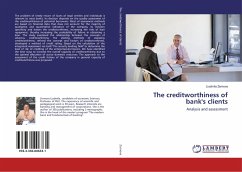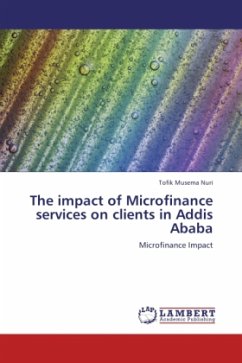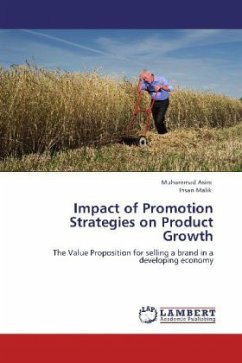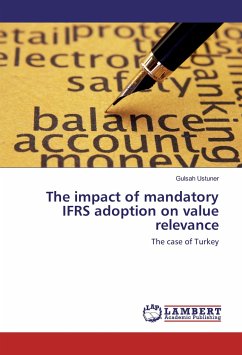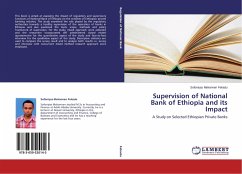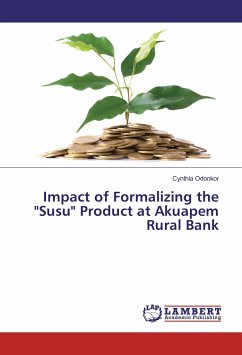
Impact of Formalizing the "Susu" Product at Akuapem Rural Bank
Versandkostenfrei!
Versandfertig in 6-10 Tagen
28,99 €
inkl. MwSt.

PAYBACK Punkte
14 °P sammeln!
In 2001, Akuapem Rural Bank, operating in Eastern Region of Ghana introduced an informal financial product based on the traditional Susu concept with the trade name "Akusika Susu scheme". The aim was to encourage micro entrepreneurs within the bank's catchment area to save in order to be able to access credit from the bank. A study, covering the period 1996 to 2005, was conducted to assess the impact of the product on the Bank's performance and on clients' business profitability and livelihoods assets. Longitudinal secondary data was obtained from the bank and cross-sectional data from clients...
In 2001, Akuapem Rural Bank, operating in Eastern Region of Ghana introduced an informal financial product based on the traditional Susu concept with the trade name "Akusika Susu scheme". The aim was to encourage micro entrepreneurs within the bank's catchment area to save in order to be able to access credit from the bank. A study, covering the period 1996 to 2005, was conducted to assess the impact of the product on the Bank's performance and on clients' business profitability and livelihoods assets. Longitudinal secondary data was obtained from the bank and cross-sectional data from clients through the administration of questionnaires. Cluster sampling was used to randomly select seven zones from which two hundred clients were randomly selected. Using financial ratios, the bank's performance was analysed based on outreach and sustainability indicators. The product's impact on clients' business profitability and livelihoods assets was assessed using descriptive statistics and Ordinary Least Square regression model. The product was found to have contributed significantly to the bank's financial and operational performance. The clients also improved upon their livelihood assets.



